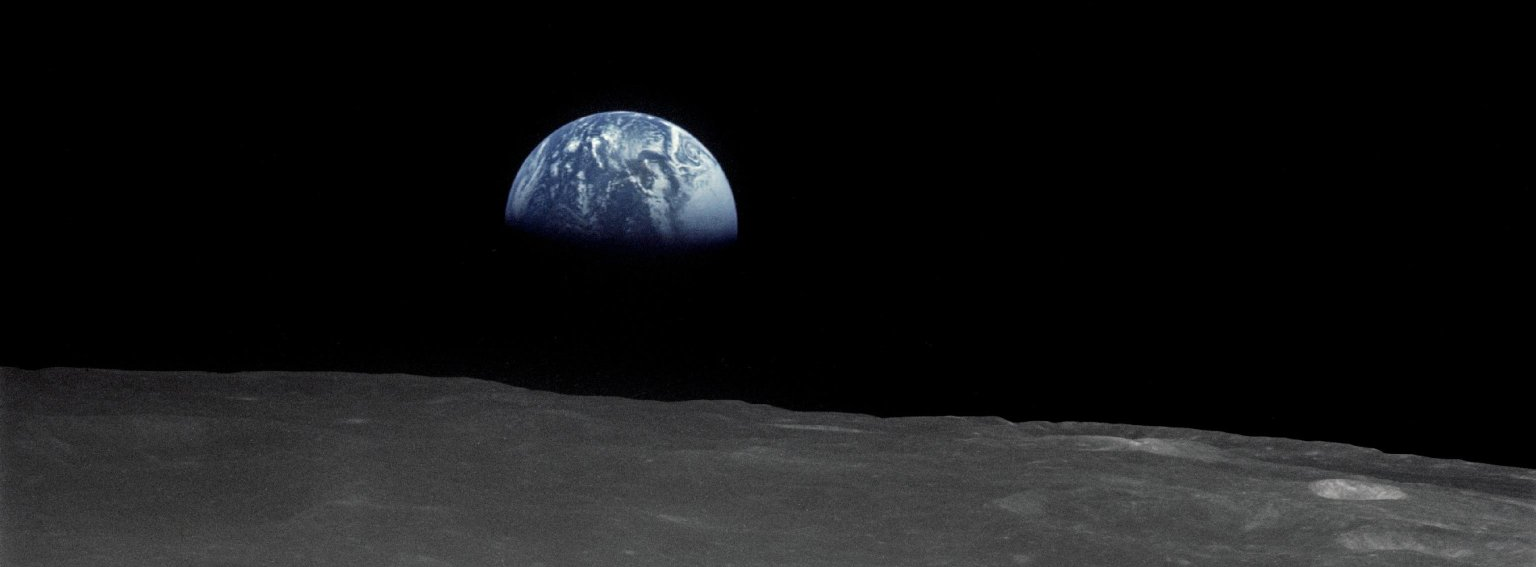Date: Saturday 29th June 2019
Venue: Mander Hall, Hamilton House, Mabledon Place, London WC1H 9BD
The conference examined the theme of militarism and the environment; in particular how military activities contribute to climate change, and how climate change causes conflict.
Presentations
“Abolishing war – hopeful lessons from history”
Peter van den Dungen, International Network of Museums for Peace
Listen to the talk, with an introduction by Valerie Flessati.
“The carbon boot-print of the military”
Stuart Parkinson, Scientists for Global Responsibility
Stuart’s presentation is available on the SGR website at https://www.sgr.org.uk/resources/carbon-boot-print-military. SGR also has a web-page listing all their outputs on climate change and the military over the last 12 years at https://www.sgr.org.uk/projects/climate-change-military-main-outputs.
“No climate justice, no peace”
Molly Scott Cato, former Green MEP for the South West of England and Gibraltar
Listen to the talk, with an introduction by Pat Gaffney.
Background
“The elephant in the kitchen when it comes to Climate Change is clearly the world’s military. The world spends something like 2 trillion US dollars a year on its military. At least half of that vast sum goes on military production with a massive CO2 output. The military are both a major cause of climate change and hence, of the conflicts which result from the movement of peoples as deserts spread.” Bruce Kent, President of MAW, Vice President of CND
“If we’re going to win on climate we have to make sure we are counting carbon completely, not exempting different things like military emissions because it is politically inconvenient to count them. The atmosphere certainly counts the carbon from the military, therefore we must as well.” Stephen Kretzmann, Director, Oil Change International.
” …if the emissions have to stop, then we must stop the emissions. To me that is black or white. There are no gray areas when it comes to survival. Either we go on as a civilization or we don’t. We have to change.” Greta Thunberg, Climate activist
2019 is a momentous year – 120th anniversary of the First Hague Peace Conference (1899) and the 20th anniversary of the Hague Appeal for Peace (HAP, 1999) – which gave birth to MAW. But it is also 50 years since the Apollo 11 moon landing of 1969. When the astronauts looked back home, their comments highlighted the beauty and fragility of planet earth – our common home. How petty and stupid humankind’s divisions on earth, wreaking destruction and involving mass slaughter, appeared from a distance.
With our knowledge of climate change, the vulnerability of ‘spaceship earth’, and the essential unity of all its inhabitants, has only become more obvious. And yet the means of destruction are proliferating and precious resources are squandered in preparing and waging ever more destructive wars.
What is the significance of the moon landing for world peace? A dream as old as humanity, and which for a long time was held to be beyond its grasp, was realised when people started believing it could be done and made a determined effort to make it happen. Is the abolition of war, another old and cherished dream, beyond our reach?

